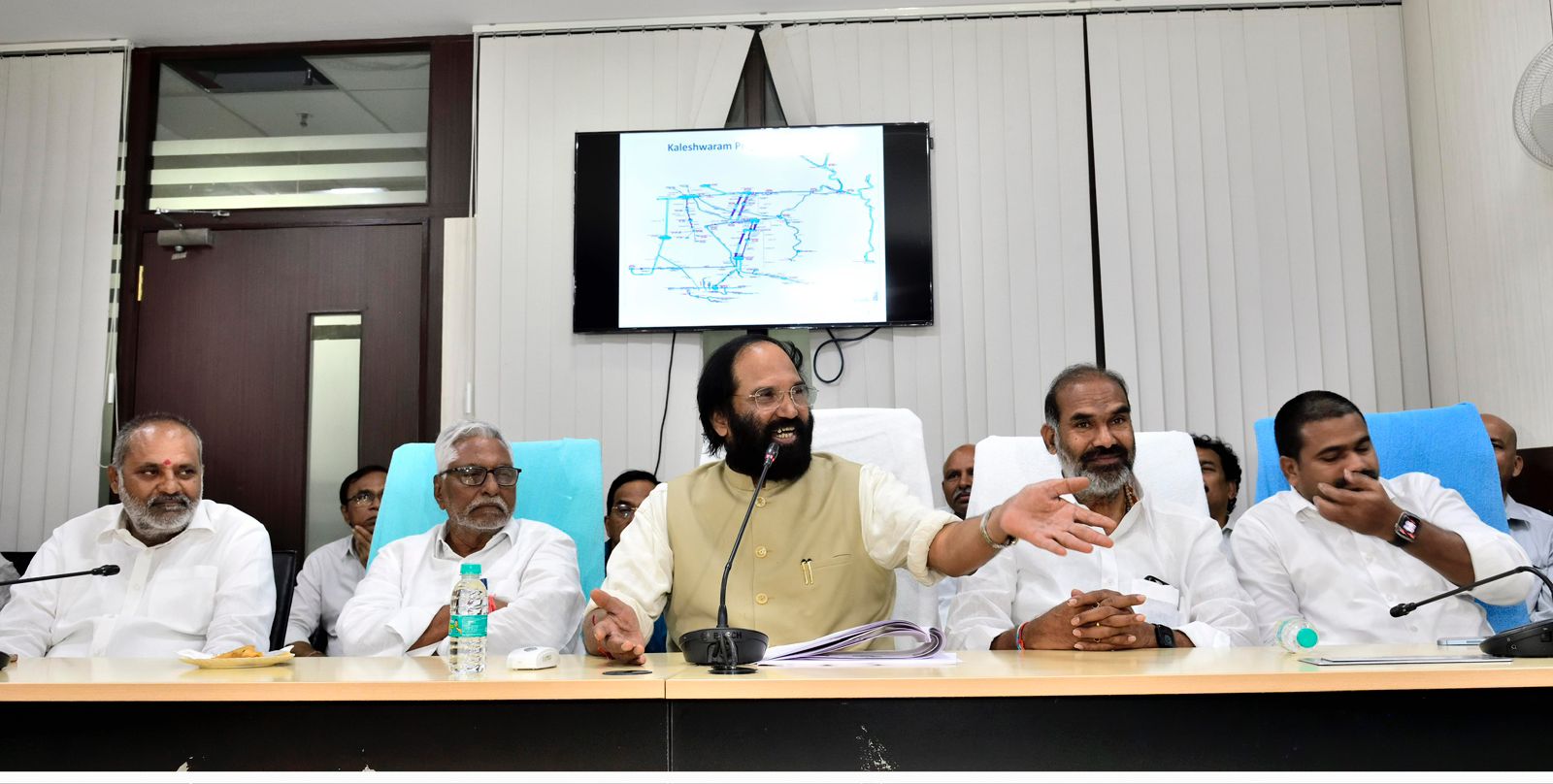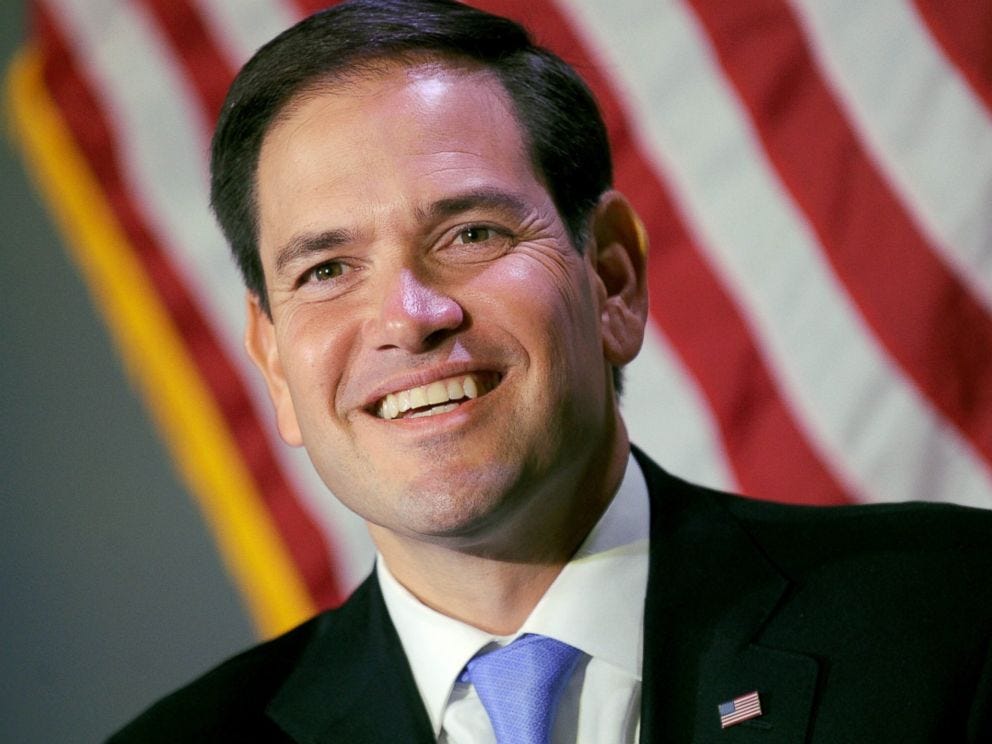Imran Khan says ‘undeclared martial law’ in Pakistan; files plea in Supreme Court

Islamabad: Pakistan’s former prime minister Imran Khan has filed a petition in the Supreme Court against the government invoking Article 245 in several provinces, terming it “undeclared martial law”.
Under Article 245 of Pakistan’s Constitution, the army can be called in to aid the civil administration to defend the country.
Khan has filed a plea in the Supreme Court, challenging the invoking of Article 245 in Punjab, Khyber Pakhtunkhwa, Balochistan and Islamabad and calling it “undeclared martial law”.
In his petition, the 70-year-old Pakistan Tehreek-e-Insaf (PTI) chief said the arrests, investigations and trial of citizens under the Army Act 1952 were “unconstitutional and void and of no legal effect and amounts to negation of the Constitution, the rule of law and independence of the judiciary.”
He said that the “dismantling of PTI through forcible quitting of party membership and office are unconstitutional and void being against Article 17 of the Constitution,” the Dawn newspaper reported.
Khan also urged the apex court to order the formation of a judicial commission to probe the violence that erupted on May 9.
The plea named Prime Minister Shehbaz Sharif, PML-N supremo Nawaz Sharif and his daughter Maryam Nawaz, ex-president Asif Ali Zardari, Foreign Minister Bilawal Bhutto-Zardari, JUI-F chief Maulana Fazlur Rehman and other as respondents, the report said.
Prime Minister Sharif has said the attackers of May 9 attacked the “idea and identity of Pakistan and gave the enemies of the country reasons to celebrate”.
“I don’t see the tragic incidents of May 9 as merely a protest that became violent. The designs of those who planned them were actually very sinister,” he tweeted on Thursday.
“There was a clear build-up to the shameful incidents, as the whole nation witnessed in utter disbelief and a state of shock how the lust of some people for power made them do what was never done before,” he said.
Sharif said the “tragic and heart-rending events” of May 9 were a wake-up call.
“We have to identify and expose all such people who want to destroy the foundations of Pakistan. May 9 has drawn up a dividing line between the protectors and builders of Pakistan and those who wish to weaken it,” he said.
On May 9, violent protests erupted after paramilitary Rangers arrested Khan from the Islamabad High Court (IHC) premises.
His party workers vandalised a dozen military installations, including the Lahore Corps Commander’s House, the Mianwali airbase and the ISI building in Faisalabad in response to Khan’s arrest.
The mob also stormed the Army headquarters (GHQ) in Rawalpindi for the first time.
Police put the death toll in violent clashes to 10 while Khan’s party claims 40 of its workers lost their lives in the firing by security personnel.
Thousands of Khan’s supporters were arrested following the violence that the powerful Army described as a “dark day” in the history of the country.
Several top PTI leaders were also arrested in the wake of the unrest.
Prime Minister Sharif said on Sunday that those involved in attacks on military installations would be tried in the military courts while those charged with attacks on civilian targets would be prosecuted under civilian laws.
Pakistan’s Defence Minister Khawaja Asif said on Wednesday the government was mulling a possible ban on Khan’s PTI party following the attacks by his supporters on military installations after the former prime minister’s arrest.
Khan was ousted from power in April last year after losing a no-confidence vote in his leadership, which he alleged was part of a US-led conspiracy targeting him because of his independent foreign policy decisions on Russia, China and Afghanistan.




